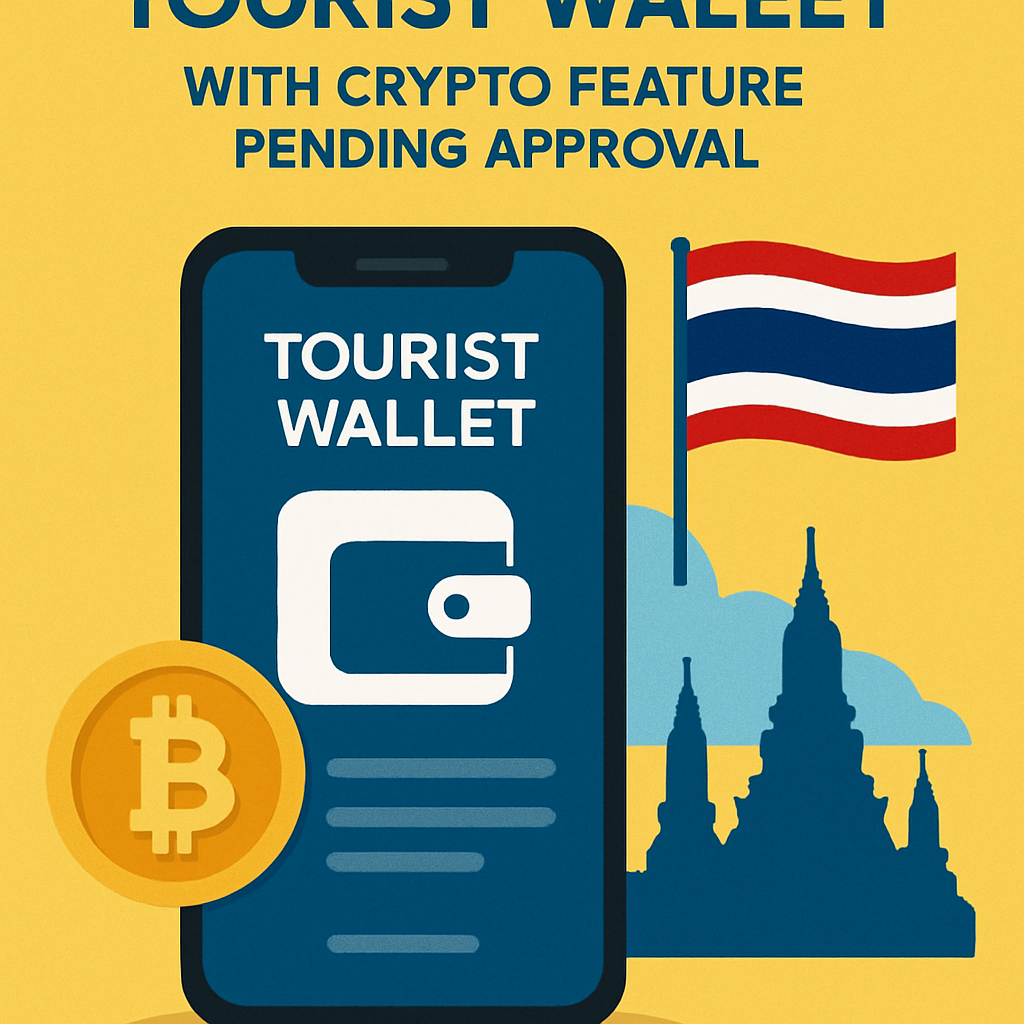On August 18, 2025, the Bank of Thailand rolled out a new digital Tourist Wallet designed to streamline payments for foreign visitors by enabling QR-based transactions denominated in Thai baht. The Tourist Wallet—part of a broader effort to revive the tourism sector—allows travellers from countries without existing cross-border QR link agreements to load funds via cash deposits at provider counters, overseas bank transfers or foreign debit and credit cards. Spending limits have been set at 500,000 baht per month for merchants equipped with card terminals and 50,000 baht for smaller retailers, with cash withdrawals explicitly prohibited to mitigate money-laundering risks.
The wallet was built to address payment friction, as current cross-border QR payment corridors cover only eight partner nations. Notably, China’s UnionPay integration is slated to go live soon, but travellers from other markets previously faced obstacles when making small-ticket payments in Thailand. By launching the Tourist Wallet, regulators aim to deliver a seamless payment experience without requiring travellers to convert cash into baht before arriving.
However, the crypto angle remains in regulatory limbo. The Thai Securities and Exchange Commission has initiated a sandbox review to determine whether regulated exchanges and custodians can safely enable direct crypto-to-baht conversions within the Tourist Wallet framework. The review timeline extends through mid-August, during which time no crypto conversion feature will be available. The process requires full passport-based KYC, with authorities citing concerns over mule accounts and other illicit finance vectors.
Once the sandbox concludes and regulators publish findings, a secure crypto conversion module could be integrated. Until then, tourists must rely on fiat top-ups. Observers note that this phased approach underscores Thailand’s cautious stance toward digital assets, balancing innovation with compliance. Market participants will watch closely for regulators’ final recommendations, which could set precedents for other jurisdictions exploring cross-border crypto payment solutions for non-resident users.

Comments (0)